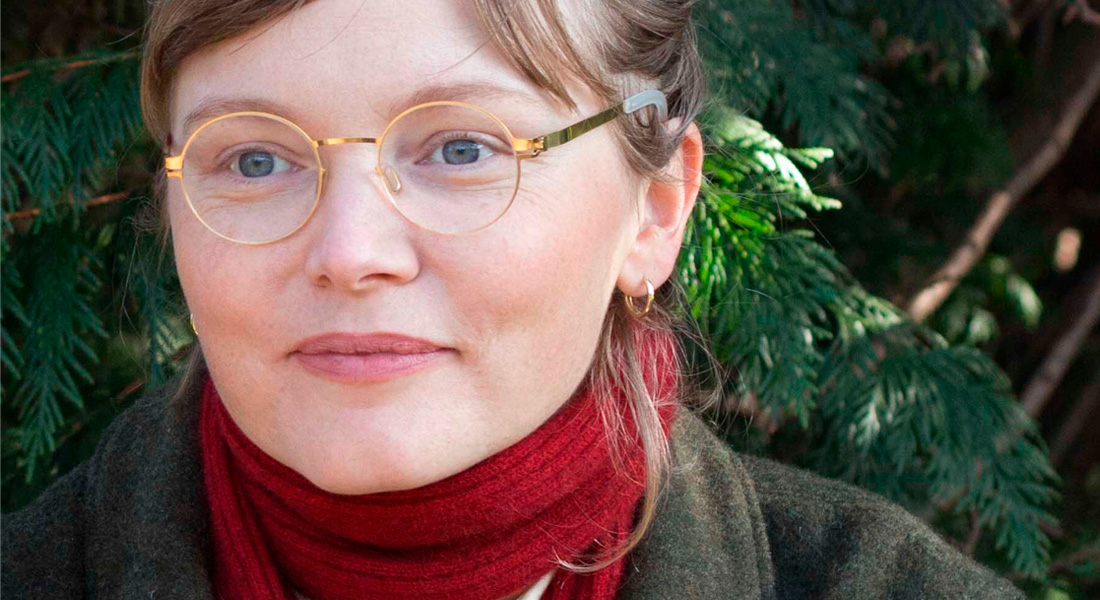
From “epistemic splitting” and affective polarization towards the otherwise: Feminist knowledge in the context of reconfigured knowledge-state-society relations
Lecture by Rebecca W.B. Lund, post-doctoral scholar at the University of Oslo.
The contemporary context of a post-truth era, global pandemic and environmental crisis has highlighted an emerging crisis in knowledge-state-society relations. Their destabilization is due in part to the changing internal governance of universities: neoliberal reforms have bound the university to the needs of the state and the economy through manifold external accountabilities, measures and rankings (Espeland & Sauder 2016). The crisis of trust in democratic institutions and governance is echoed within the academy, driven by a shift from intellectual to managerial capital, in terms of who decides concerning priorities, policy and practice in knowledge production, and evaluating what counts (Rowlands 2013). In short, the nature of epistemic governance both inside and outside the university is changing, shifting the landscape of which pieces of knowledge are valued, and by whom. Questions of trust have implications for certain pieces of knowledge and knowledge producers.
Specific fields of research, and their knowledge producers, are particularly vulnerable within these altered knowledge-state-society relations. This includes migration and race research, climate research and gender studies (e.g. Mangset et al 2022). These fields are regularly the subject of polarizing debates on epistemic credibility, legitimacy, and “use-value”.
In my research I have explored the practices of “epistemic splitting” (e.g. Lund & Tienari 2019), used by feminist scholars to survive in the neoliberalised university, live up to standardised performance measures and be perceived as “proper knowers”. This splitting is both spurred by, and drives, different kinds of affective alignments and epistemic polarizations (Lund forthcoming). In connection, I have also explored how feminist academic leaders in “the absence of possibilities to facilitate major structural changes, apply their feminist knowledge and invest affective labour in the mediation of neoliberal and neoliberal cultures” (Morley & Lund 2021, 114).
In this lecture, I will first show these instances of epistemic splitting and their affective dimensions and consequences, illustrated with examples from empirical studies in Finland, Denmark and New Zealand. Secondly, I point toward three different modes of doing otherwise that enhance energy, creativity and agonistic pluralism (Mouffe 1999). These modes are ethnographically derived, but articulated with additional theoretical “images”: (1) Anna Tsing’s (2015) exploration of the matsutake mushrooms in the ruins of capitalism’s industrialised forests; (2) Hans Loewald’s (1980) post-Freudian notion of Eros to capture how people are emotionally driven by meaningful connection with others as well as the electricity arising from connecting “inner and outer worlds”; (3) Toril Moi’s (2017) practice of “acknowledgement”, as a post-critical approach to engaging with reading, writing and dialogue.
Map of South Campus
View directions.
View on map of the Faculty of Humanities - South Campus.
View map of South Campus (pdf).
